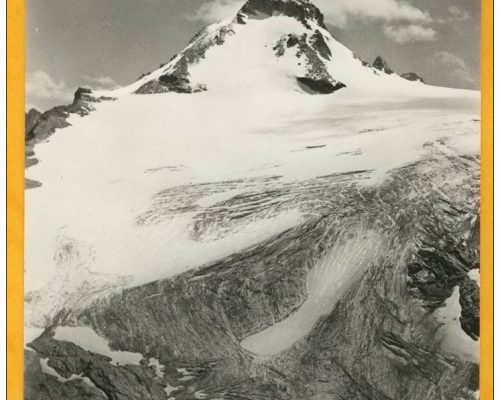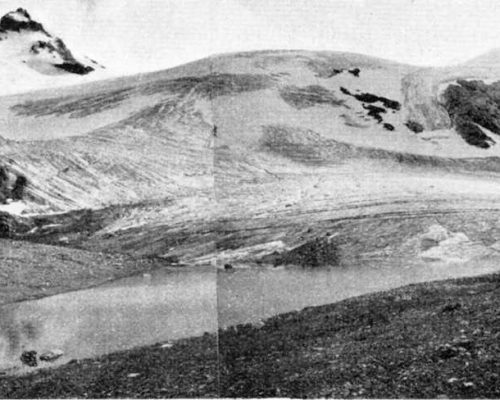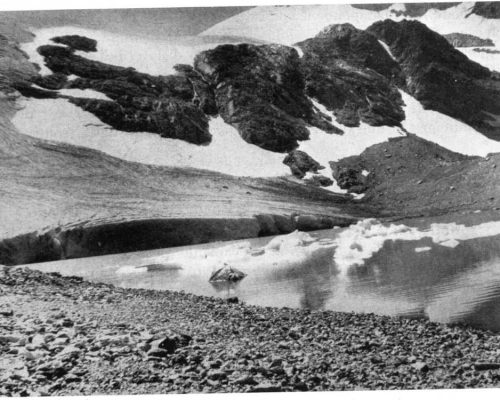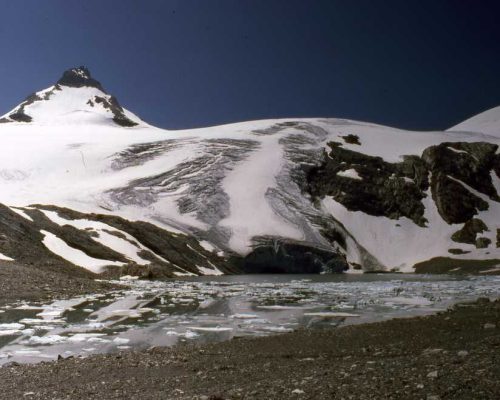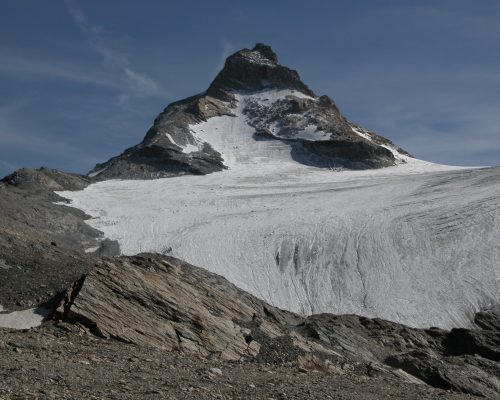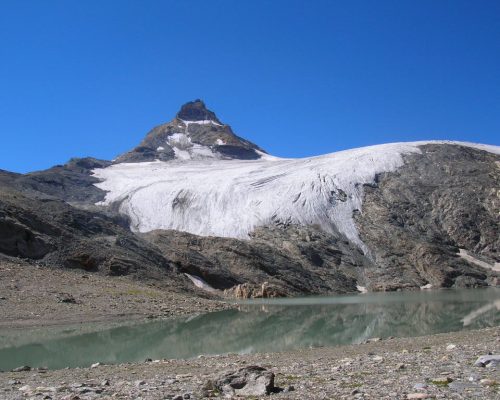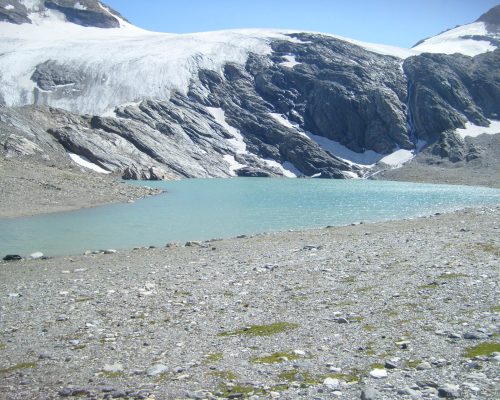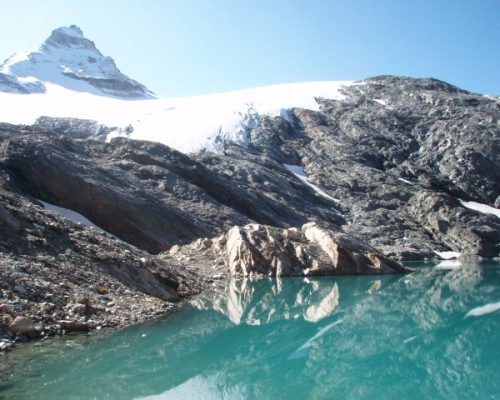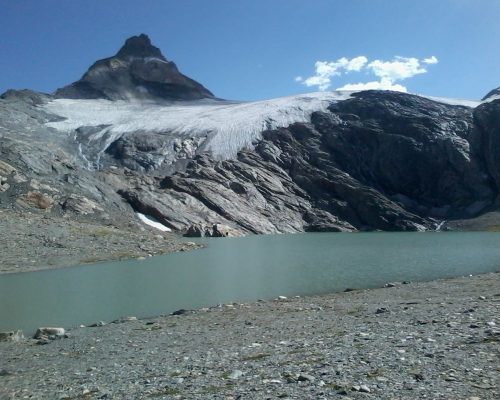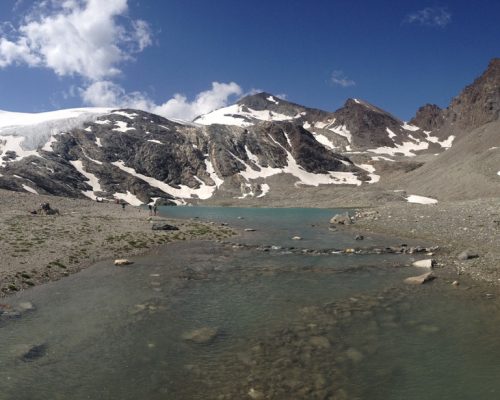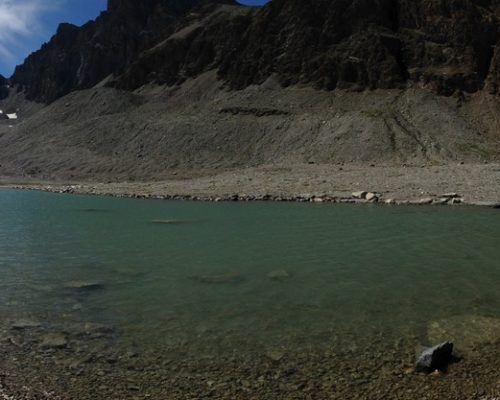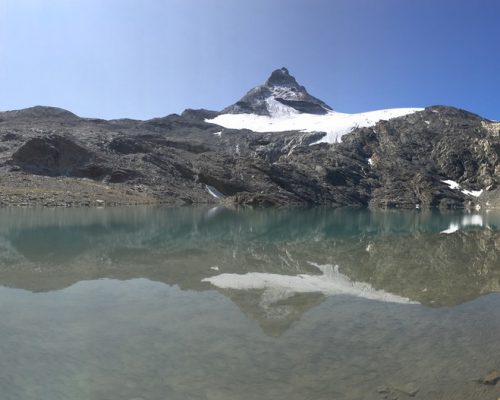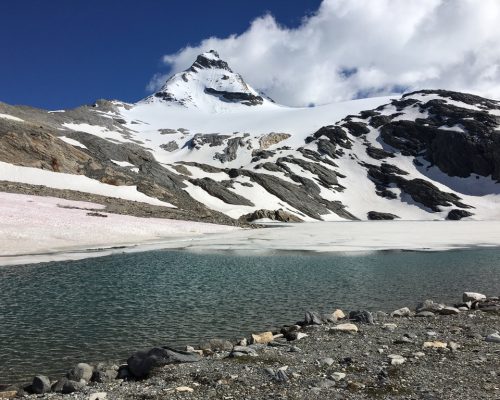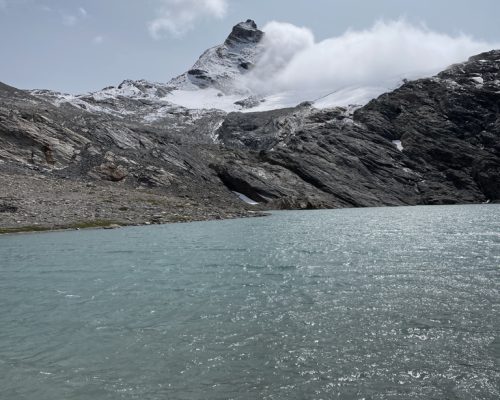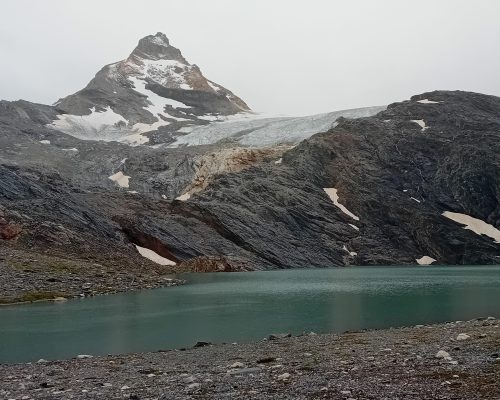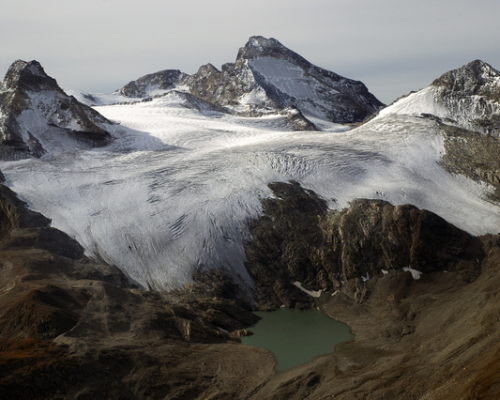Goletta and the melting of glaciers
The Goletta Glacier is located in Italy, specifically in the Rhêmes Notre Dame Valley in Valle d'Aosta, and is known for being one of the sources of the Dora Riparia River, an important tributary of the Po. The Goletta Lake, located near the glacier, is a typical example of a glacial lake, fed by the melting waters from the glacier itself.
These locations are highly valued by hiking and mountaineering enthusiasts for their natural beauty and the challenges they present. The area is also an important site for scientific studies related to climate change, as glaciers like Goletta are sensitive to global temperature increases.
Glacier melting is a concerning phenomenon occurring globally, including in the Alps, such as the Goletta Glacier. This process is primarily caused by climate change, resulting from increased concentrations of greenhouse gases in the atmosphere, which lead to rising global average temperatures.
Impacts of Glacier Melting
1.
Innalzamento del Livello del Mare: Lo scioglimento dei ghiacciai contribuisce all'innalzamento del livello dei mari, che può causare l'erosione delle coste e aumentare il rischio di inondazioni in aree basse.
2.
Perdita di Habitat: Le specie che dipendono dagli ambienti glaciali per sopravvivere, come certi tipi di alghe, piante e animali, rischiano l'estinzione a causa della riduzione dei loro habitat.
3.
Impatti sulle Risorse Idriche: I ghiacciai fungono da importanti serbatoi d'acqua dolce; il loro scioglimento può alterare la disponibilità di acqua per l'agricoltura, il consumo umano e la produzione di energia in molte parti del mondo.
The Case of the Goletta Glacier
The Goletta Glacier, like other Alpine glaciers, is experiencing significant retreat. In recent decades, the glacier has lost a large part of its volume and extent, directly affecting the Goletta Lake. This melting has several implications:
•Changes in Water Flow: The shrinking of the glacier alters the regime of rivers that depend on it, potentially reducing the water flow during the summer months when water is most needed.
• Impact on Local Biodiversity: The reduction of ice can affect local flora and fauna, altering food chains and ecosystems.
• Economic Impacts: Areas that depend on glacier-related tourism may suffer economic losses as glacial landscapes shrink and become less attractive.
Scientific attention and continuous monitoring are crucial to better understand how to manage and mitigate these impacts. Additionally, global commitment to reducing greenhouse gas emissions is essential to slow down or halt the process of glacier melting.
The melting of the glacier from the late 1800s to 1975
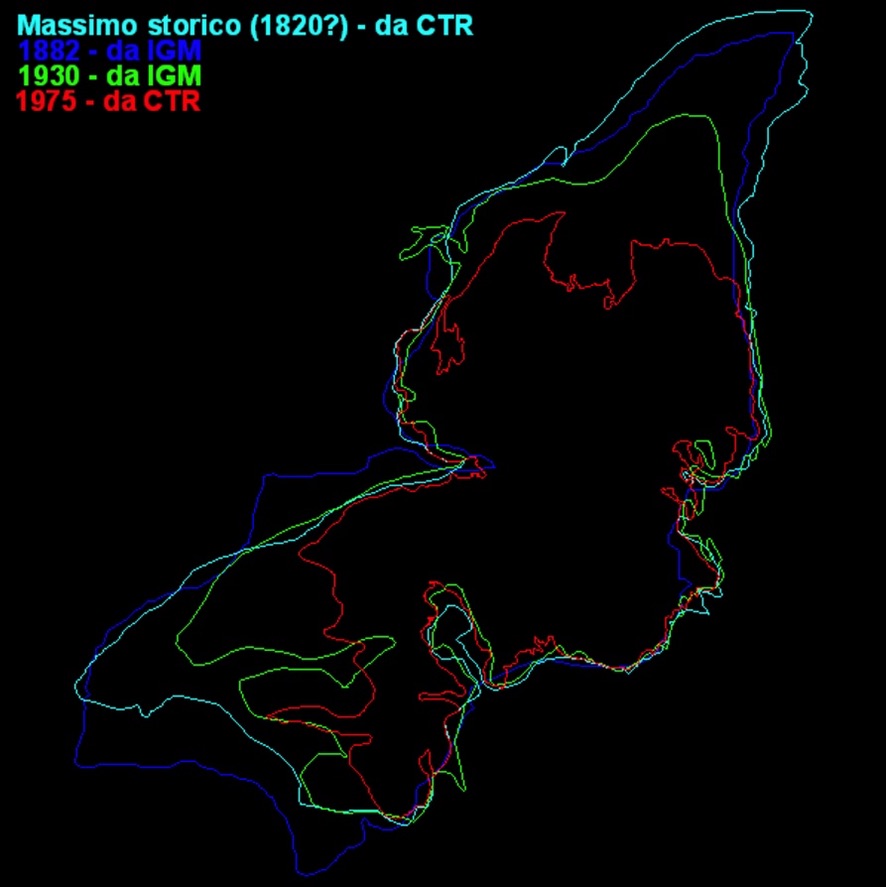
Photos of the Glacier Melting from 1951 to the Present Day
Click on the image to open the gallery.
Copyright 2023 LesReguges.it
